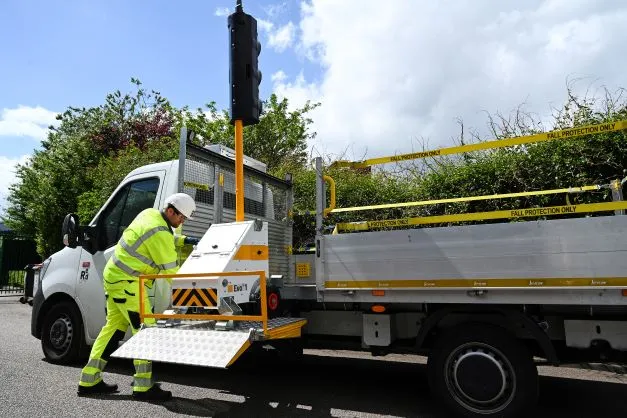Global Traffic Technologies (GTT) has provided the city of Lévis, Quebec, with its latest Opticom traffic pre-emption solution, which has been deployed at 28 intersections and on 19 emergency vehicles. Opticom emergency vehicle pre-emption (EVP) technology works alongside intersection controllers to help ensure emergency vehicles can move through intersections quickly and safely. When an emergency vehicle needs to navigate an intersection, the Opticom EVP system onboard the emergency vehicle sends a request
July 26, 2017
Read time: 1 min
Opticom emergency vehicle pre-emption (EVP) technology works alongside intersection controllers to help ensure emergency vehicles can move through intersections quickly and safely.
When an emergency vehicle needs to navigate an intersection, the Opticom EVP system onboard the emergency vehicle sends a request to the intersection’s controller ahead of its arrival. If the request is granted, the light turns green and the vehicle gets a clear path through the intersection.










